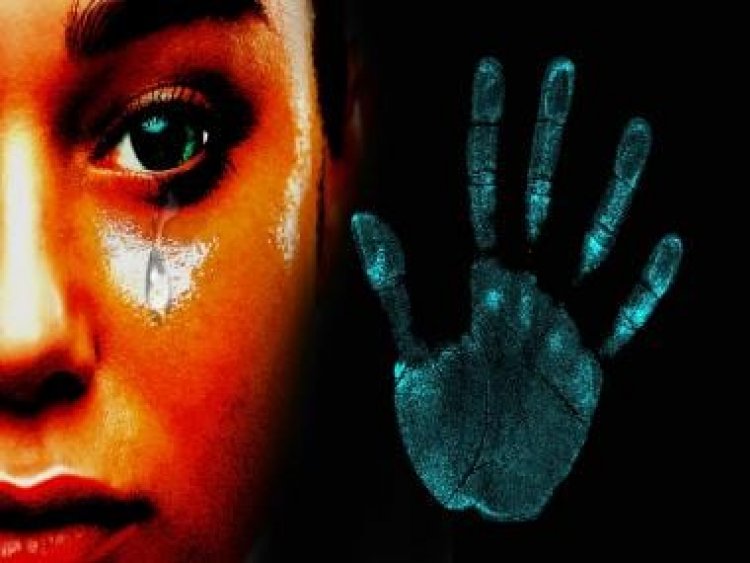FP Analysis: Chhawla gang-rape, murder case can be re-investigated, explains SC lawyer
FP Analysis: Chhawla gang-rape, murder case can be re-investigated, explains SC lawyer

New Delhi: Called Uttarakhand’s ‘Nirbhaya’, the 19-year-old victim of the Chhawla gang-rape and brutal murder case still seeks justice, her parents desperate for a closure. While the Supreme Court on Monday had acquitted the three men earlier convicted of the crime and sentenced to death, crucial questions still remain unanswered.
Of all the questions in the mystery of which is shrouded the truth, one stands out: if the three accused did not brutalise and kill her, who did? And, to unravel this mystery, can the case be re-investigated.
The simple answer is Yes!
Firstpost explores how the case could yet again be reopened.
The SC judgment
Senior Supreme court lawyer Sandeep Mahapatra told Firstpost that the crux of Supreme Court’s decision on this case is that the ‘parameters’ that were needed to be followed by the prosecutor and the police were not met; the police goofed-up the investigation and a conviction cannot just be based on a mere conjecture.
“We need to understand that if at all this case gets a re-investigation, gathering of evidence 10 years later will be a big challenge. The point remains that maybe due to public uproar at that time, the police apprehended these people. But, the accused did not sit well in the case,” he said.
“If cops are putting forth a story in a criminal case, the chain of events have to reflect that story in the investigation,” Mahapatra added.
Possibility of re-investigation
He said there are two legal ways to explore the possibility of a re-investigation. “One is a review petition; and second is the curative petition which can only be filed if the court quashes the review petition,” Mahapatra said.
“Curative petition has to be certified by the senior advocates of the Supreme Court, saying that these are the legal points which are involved even though the main petition and the review petition have been dismissed, this legal angle has to be analysed,” he said.
Mahapatra said the scope of court accepting a review or curative petition is limited.
“The court has ample power to listen to a review, however, even if the petition is filed with a tall order of facts as to why the review needs to be done, it is the court’s wish to whether accept the petition or not,” the Supreme Court advocate said.
Must Read: Chhawala rape case: Supreme Court acquits three convicts who were awarded death penalty
Who should file the review petition?
When asked how effective the family’s review petition will be, Mahapatra said: “The family will have to back their petition with why they don’t have faith in the court. Supreme Court will consider the family coming out after 10 years saying they need a review, but how it will be taken is questionable. What is that the family going to say apart from that their daughter was raped and murdered,” he said.
“In fact they will not be able to say anything since the investigation was done by the police in which court has found loopholes,” he said.
“Therefore, it is the police who should come out, own up to what went wrong and how they can re-probe and fix the loopholes the court found in the investigation,” Mahapatra said categorically.
What were the ‘loopholes’?
The Supreme Court stated in the judgment that there were several glaring lapses during the trial of the matter.
Out of the total 49 witnesses examined by the prosecution, 10 material witnesses among them were girls who ostensibly saw the victim getting kidnapped in a car, but they were not cross-examined by the defence counsel.
The court also observed that in various decisions it had repeatedly observed that the judge is supposed to take active participation in the trial and question witnesses, but in the present case the judges in lower courts played the role of ‘passive umpires’.
The SC, thus, observed that the lack of cross-examination of the key witnesses and the judge playing the role of passive umpire, the accused were deprived of the rights to have a fair trial.
The SC decision stated that the prosecution was not able to prove the evidences with relation to the arrest of the accused, their identification, discoveries and recoveries of incriminating articles, medical and scientific evidence, the report of DNA profiling and evidences with regard to the CDRs.
The Court also observed that the police did not conduct an identification parade of the accused during the course of investigation, nor were the accused identified by the witness during deposition.
The bench further observed that the prosecution had also failed at pointing out the guilt of the accused and due to the lack of clear and cogent evidences the conviction could not be sustained.
“The prosecution has to bring home the charges levelled against them beyond reasonable doubt, which the prosecution has failed to do in the instant case, resultantly, the Court is left with no alternative but to acquit the accused,” the apex court said.
Read all the Latest News, Trending News, Cricket News, Bollywood News,
India News and Entertainment News here. Follow us on Facebook, Twitter and Instagram.
What's Your Reaction?

























































